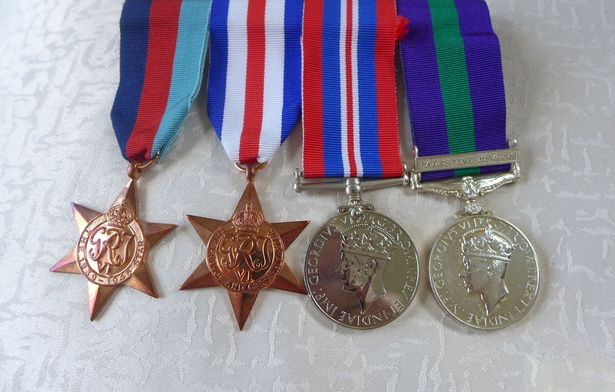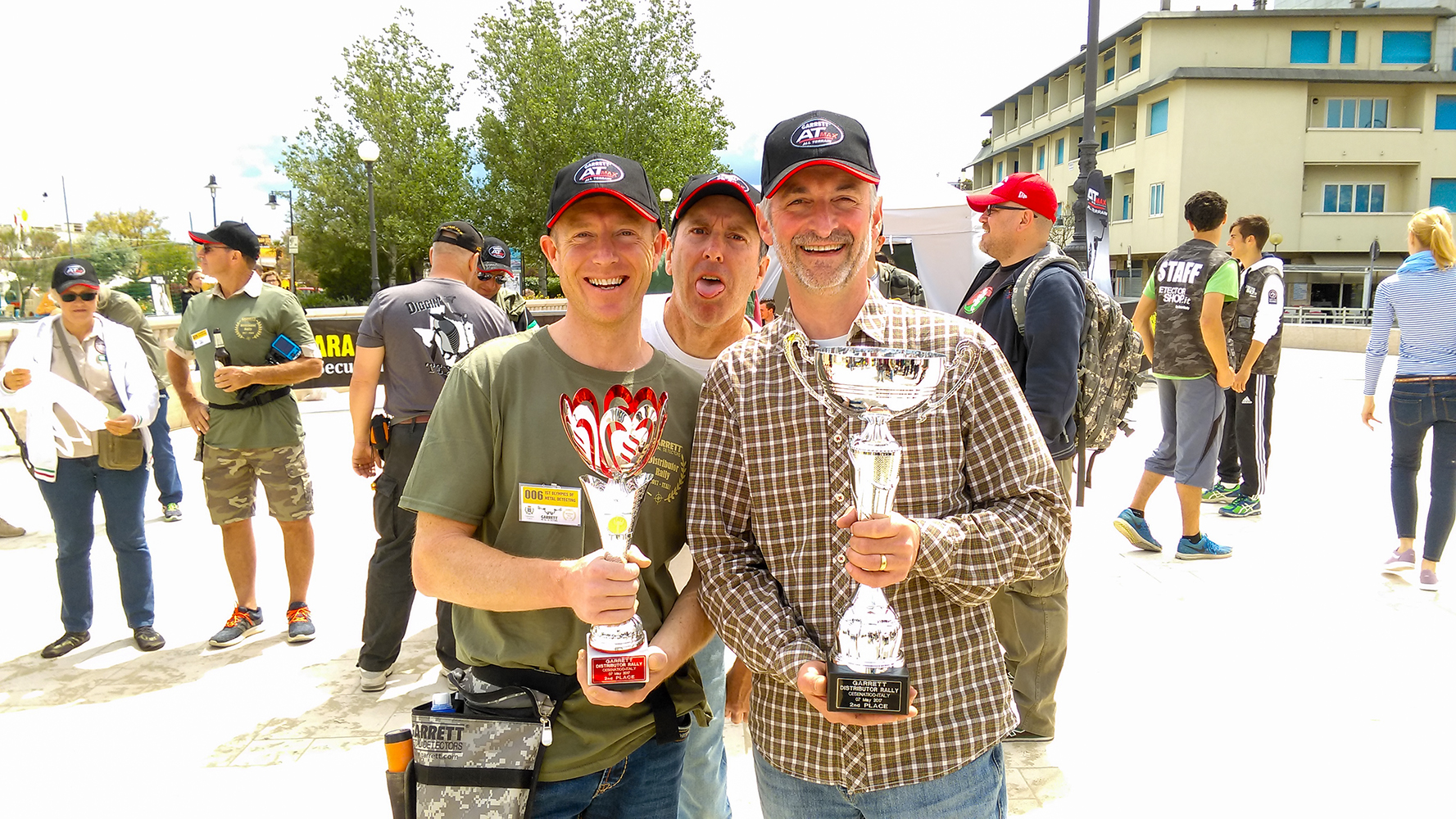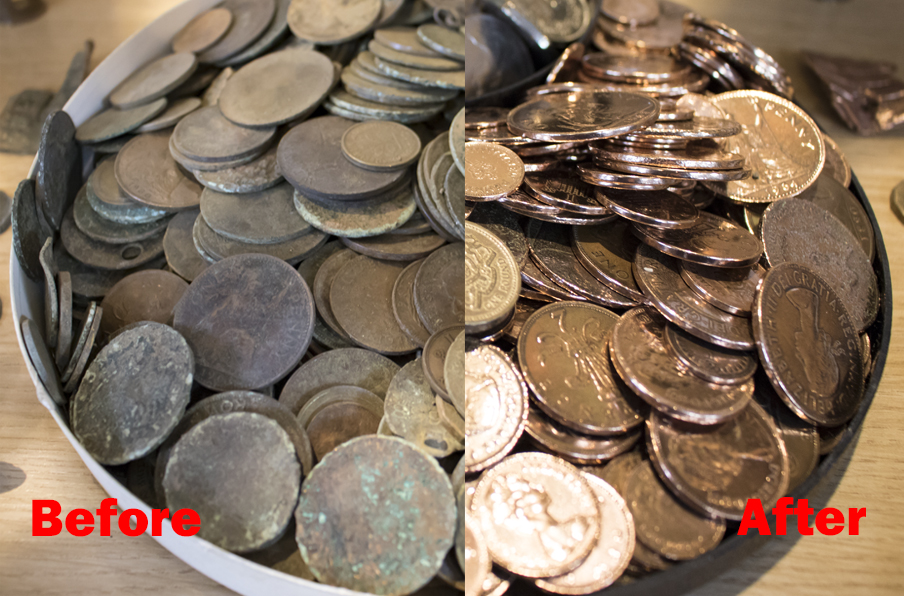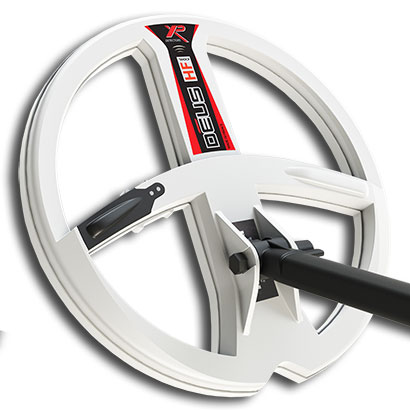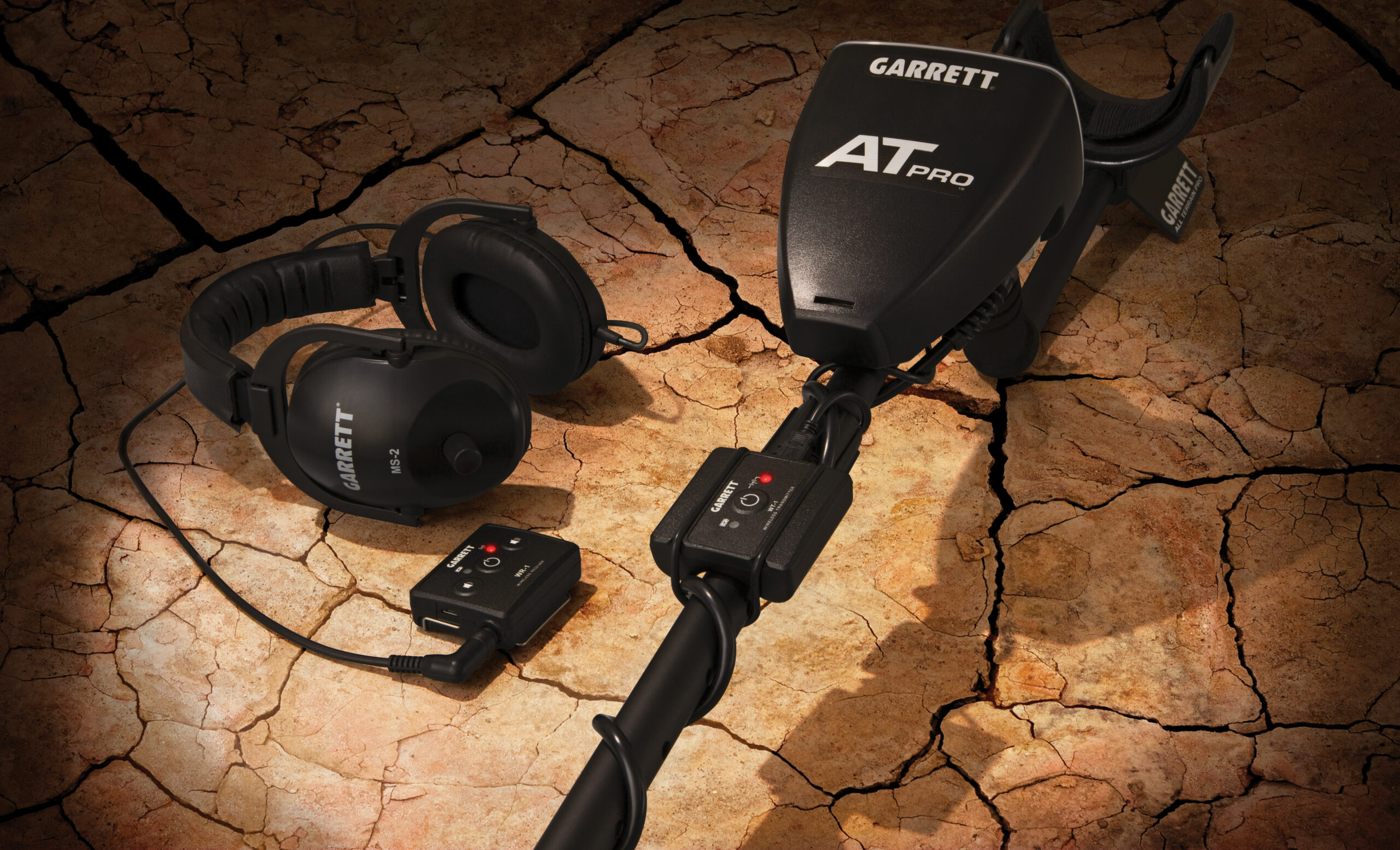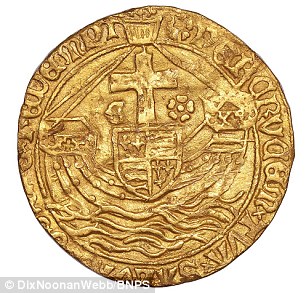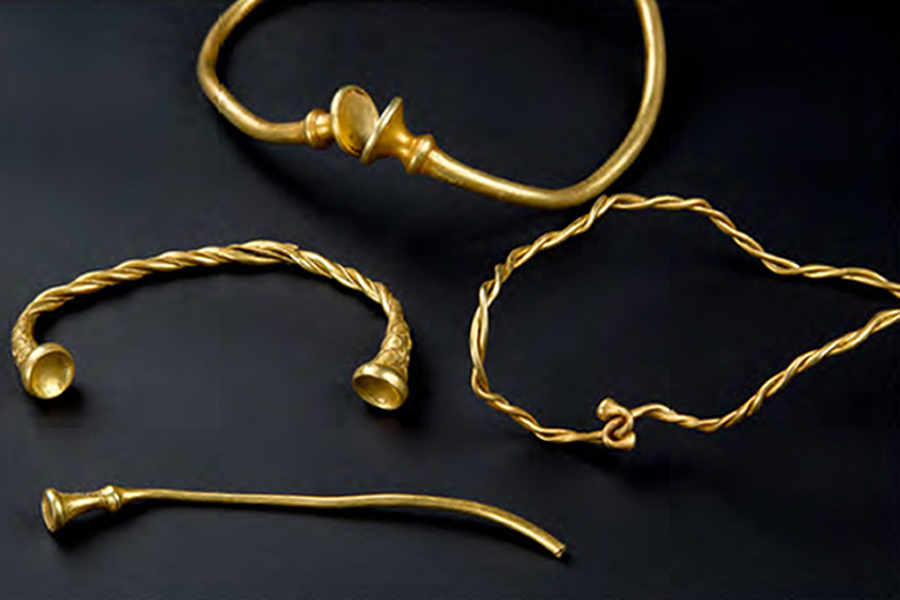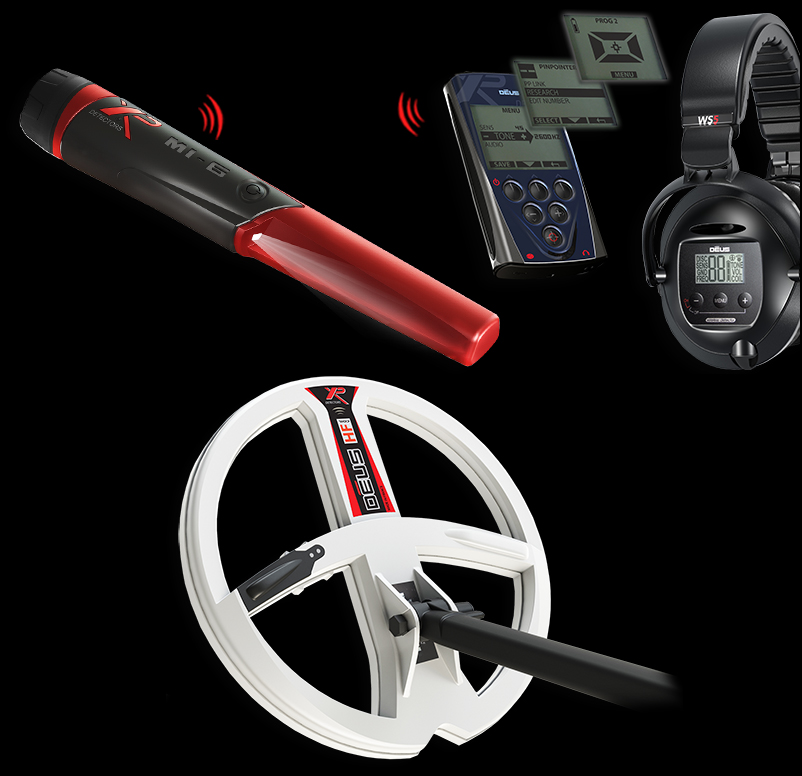Midlands / Staffs Detectorists – Please can you help?
Blind 95 year old war hero Alfred Barlow recently lost his prized collection of war medals at Norton Cane Motorway Services near Cannock.
http://www.birminghammail.co.uk/news/midlands-news/blind-d-day-veterans-appeal-13221598
Trevor Beattie is offering £1000 to anyone who finds them and has organised a group of sea cadets to go to to Cannock services and scan the area for them TOMORROW MORNING – Friday 30th June.
BBC Midlands Today and other press will be attending and it would be fantastic if as many Detectorists as possible were able to come and help with the search also please?
Any questions please email Keaton – bbckeaton@gmail.com
Many thanks – lets find Alfred’s medals!!
